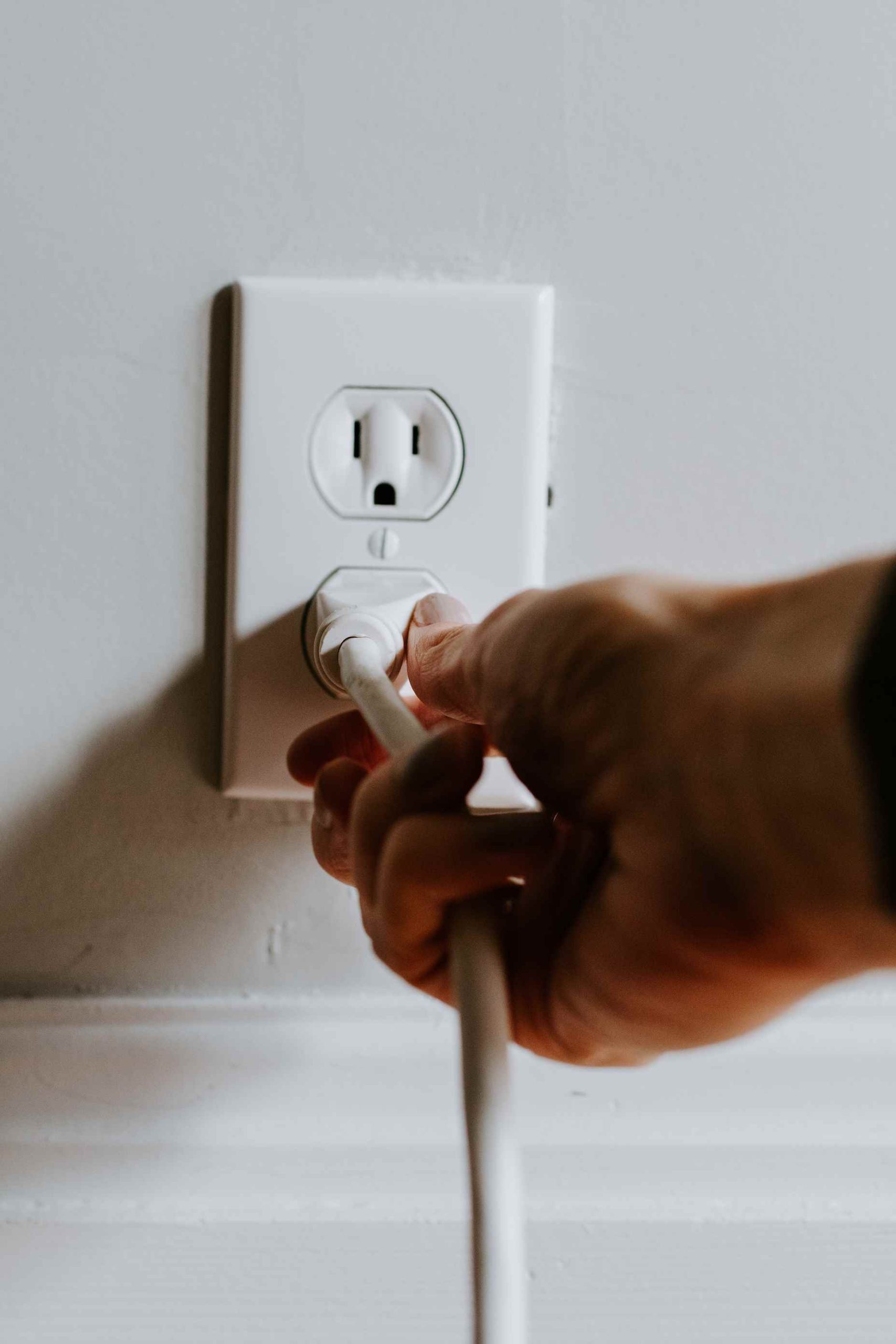Have you ever had the unpleasant experience of getting shocked by your laptop? It must have scared you to a great extent. However, you are not the only one to fall into this category. The majority of laptop users have experienced a slight electric shock from the metal body of their laptops at least once in their lives.
If your laptop keeps giving you electric shocks, it might cause a lot of concerns as most people place laptops on their laps to meet their work deadlines or binge-watch movies. Also, laptop users have become more scared after the news of a man in India getting electrocuted by a laptop broke down on the Internet. In recent years, laptops’ failed power-supply chords or overcharged batteries have become a death trap for many people.
Due to these incidents, people are quite hesitant to place their laptops on their laps and work. Can a laptop really electrocute you? Why does your laptop give you electric shocks? How to fix it? Read on to find answers to all your questions.
Why does your laptop give you electric shocks?
The electric shocks given by the laptop are not lethal. However, they still do have the potential to harm you. Therefore, you must take quick action to fix it. Before discussing the solutions to fix the electric-shock-giving laptop, let’s take a look at what might cause your laptop to shock you.
Current leakage
Just like the word sounds, this is a current that flows out of its intended circuit to the chassis, ground, or AC adapter. Therefore, the current from your adapter will be getting to the ground, metal case, or other components in your laptop through failing insulation or exposed wire.
Faulty socket wiring
Most people have faulty socket wiring in their homes without being aware of it. If the socket you use to plug your laptop charger is not properly wired according to the IEEE standards, it is most likely for your laptop to give you electric shocks until you fix the socket.
AC adapter not plugged properly
One of the most common mistakes people make when charging their laptops is plugging the adapter in the wrong direction. For example, people with a 2-pin plug laptop charger often get electric shocks because they plug the charger in the reverse direction.
It happens only because one pin is connected to the supply while the other is not. Therefore, the circuit remains open, resulting in your laptop giving you multiple electric shocks.
Faulty laptop charger
A faulty laptop charger can also be one of the reasons why your laptop is giving you electric shocks. With time, the galvanic isolation of the input and output of the power supply breaks down, resulting in electric shocks whenever you touch the output.
Therefore, to know if it is actually the charger causing electric shocks, try connecting your laptop with another charger and see if the problem persists.
4 Ways in which you can fix problems that cause electric shocks
Here are a few ways in which you can make your laptop stop giving you electric shocks:
1. Get a three-prong power adapter
How to fix the current leakage? By getting a three-prong power adapter, you will be able to fix this issue. The third prong will make sure your adapter is perfectly earthed. In addition, it will give you extra protection by taking out any extra current flowing there that might later shock you.
2. Keep your socket earthed
All the electrical wires or sockets at your home should be properly earthed to avoid any unnecessary shock. Once your sockets are properly earthed, there will be no unwanted current to touch the metal casing of your laptop and cause you a shock.
3. Make sure your adapter is properly plugged
Having only one of the two pins plugged in can drive current in and out of the adapter, resulting in severe electric shocks. When both the adapter pins are not properly plugged in, the circuit is not complete. In order to complete the circuit, the current flows in the opposite direction and uses the floor or any metal object within its path.
4. Unplug your laptop before connecting any accessory
It might not be a solution to any of the problems listed above, but it can be a way to avoid getting shocked by your laptop. Whenever you want to connect an accessory to your laptop, make sure to unplug it first. Else, be prepared to receive a few electric shocks from your laptop.
Can a laptop electrocute you?
A laptop runs on 12V batteries. Therefore, there is no chance of you getting electrocuted by a laptop. Even if it fails and electricity surges through its various ports, you will get a shock quite similar to what you get when you accidentally touch the nodes of the car battery.
However, be extra careful not to overcharge your laptop battery. The overcharged batteries can sometimes explode, resulting in a huge fire. Also, it is not safe to sleep nearby a plugged-in laptop.
Can you get electrocuted if a laptop falls into your bathtub?
Have you ever wondered what will happen if your laptop falls in your bathtub while using it? Will it electrocute you? Laptops operate on 12V batteries. However, multiply the 12V by two and set it up as a non-stop shock when submerged in water. That’s about how much electric shock you will get if you drop a running laptop into the bathtub with you.
It might not be enough to shock you to death, but it is still dangerous for your overall health and well-being. Therefore, if you want to keep yourself entertained in the bathtub, grab a tablet and put it at an arm’s distance from the water.

